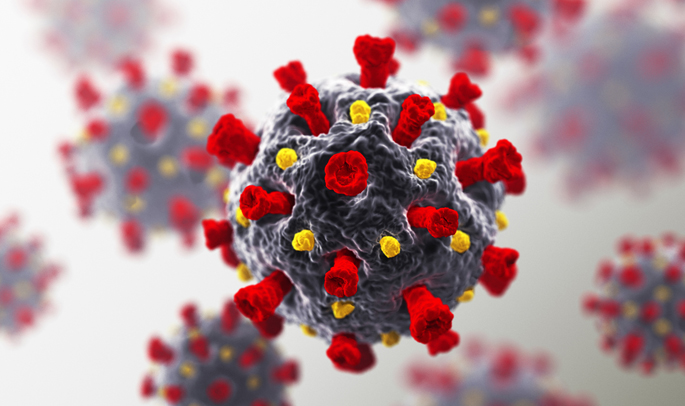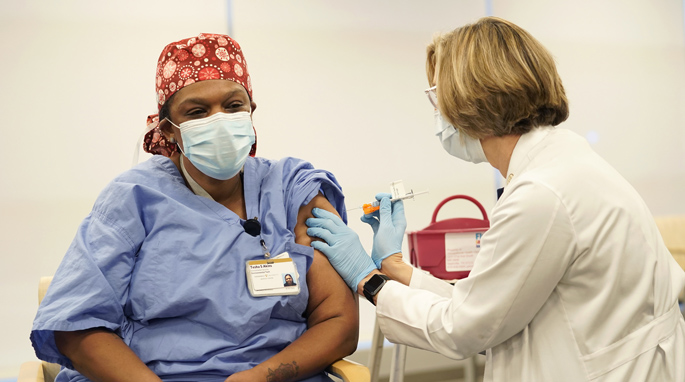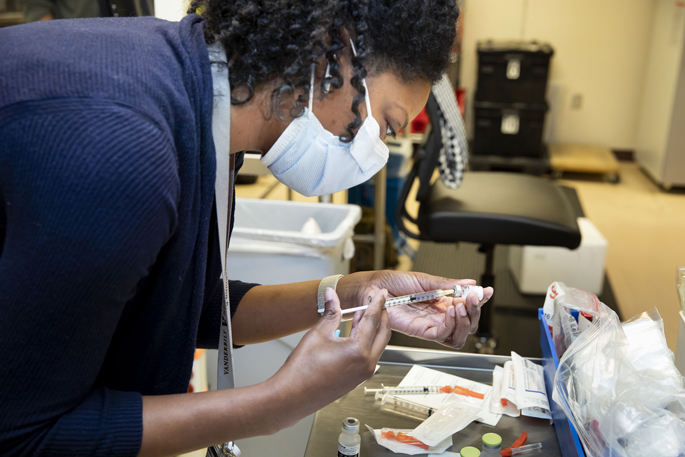by Bill Snyder
The U.S. Food and Drug Administration is expected to authorize Pfizer and Moderna’s COVID-19 vaccines for children as young as 6 months old as early as tomorrow, following the unanimous recommendation by an FDA advisory panel on Wednesday.
Pending approval by an advisory panel of the U.S. Centers for Disease Control and Prevention, which is scheduled to meet this weekend, states including Tennessee that already have ordered millions of doses could begin distributing the vaccine to health care providers as early as next week, White House officials said.
“Many parents of very young children have struggled to navigate the pandemic without a vaccine available for their children,” said C. Buddy Creech, MD, MPH., director of the Vanderbilt Vaccine Research Program and the Edie Carell Johnson Professor of Pediatrics at Vanderbilt University Medical Center.
With Wednesday’s recommendation of the Vaccines and Related Biological Products Advisory Committee, “we are one step closer to being able to offer COVID vaccines to even the youngest among us,” he said.
Creech is co-leading studies of the Moderna vaccine in children in the United States and Canada with Evan Anderson, MD, at Emory University School of Medicine in Atlanta, and Vladimir Berthaud, MD, MPH, at Nashville’s Meharry Medical College.
The VVRP received funding to enroll children in the 6 month -11-year-old age groups in the Moderna vaccine trial through the Vanderbilt Vaccine and Treatment Evaluation Unit, which includes sites at Children’s Hospital of Philadelphia, the UPMC Children’s Hospital of Pittsburgh, and Washington University in St. Louis.
Creech said he and his colleagues nationwide are continuing to measure the efficacy of the vaccine and its ability to trigger a long-term immune response against the virus, as well as assessing safety and side effects after the first two doses and booster doses.
Last month they reported that the Moderna’s COVID-19 vaccine is safe and generates robust immune responses in children ages 6 to 11 years old.
The two-dose regimen, given approximately one month apart and half the dose of the adult vaccine, produced only minor side effects including injection site pain, headache and fatigue. No serious adverse effects were reported. Similarly, data are now available for children younger than 6 years of age, where only one-quarter of the adult dose is needed to generate the same levels of antibodies that are seen in young adults.
“These studies took a good bit of time for two reasons,” Creech said. “First, we evaluated the vaccine initially in adults because that’s where the highest burden of disease has been. Second, we know that children are not merely little adults, and we had a great deal of work to do in order to make certain that we could get the best immune responses that we could from the least amount of vaccine.”















